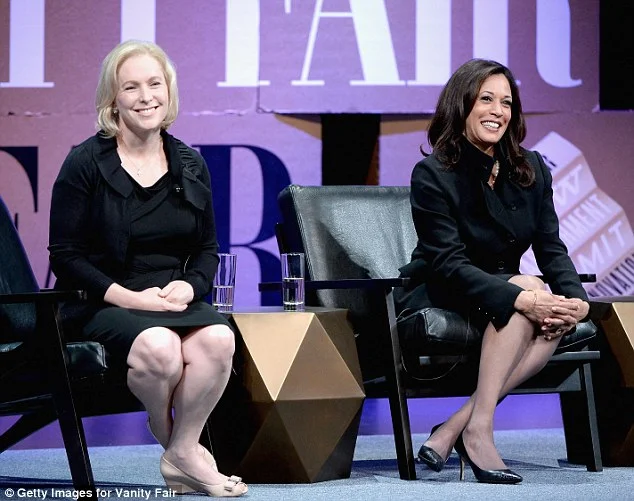Insights from a Hillary Clinton 2016 Midwest Field Organizer By Luke Perry
1. What surprises and challenges did you encounter organizing and campaigning?
What surprised me most was the level of negativity this election brought out in people. I was called names that the Drill Instructors in the Marine Corps didn't call me. What didn't surprise me was the fact that all of this rhetoric came from Trump supporters. This election really brought the lunatics to the surface. This ranged from people yelling in my face to coming into our office with cameras and screaming expletives.
The organizing part was like anything else. It had good days and bad days. Some days we would have an office full of volunteers or a home full of volunteers. Other times we were hard pressed to find more than one or two people. Of course, as the election got closer, folks started coming in droves to help out. If only we could have had them come in six months prior that would've helped out enormously.
2. Was there any sense on the ground Midwestern states were vulnerable?
We treated every state, especially every swing state, as if it were vulnerable. Even when the poll numbers would be leaps and bounds ahead, we treated it as though we were tied. We worked hard and did everything we could to make things work.
3. Why do you think turnout was down in key counties, including the one where you worked?
There are several reasons why turnout was low:
a) Voters did not believe Trump could actually win. A lot of people thought Clinton would win in a landslide and thought that they might as well stay home. That was not the case.
b) There was little to no enthusiasm in the middle. There was great enthusiasm among supporters and the base, but not in the middle. In 2008 and 2012 we saw great enthusiasm, especially among younger voters. We did not see that this time. Younger voters voted overwhelmingly for Secretary Clinton over Mr. Trump, but it was not as large of a block of voters as it was four years ago.
c) Anger played a large role in it as well. This is a phenomenon I call "white fright." This refers to more rural, older, white voters, who do not like the idea of being governed by a woman or like the fact that the country is changing for the better, especially when it comes to equal rights for minority groups. You would be hard pressed to find anyone at a Trump rally who belonged to any minority group.
d) Unfortunately there has always been a stigma about the Clinton's that has no justification. The main driving force behind this was the now infamous “Comey Letter.” I truly believe this was the final nail in the coffin. Even though there was no wrong doing on the part of Secretary Clinton, this letter created an atmosphere that compelled folks to either stay home, vote third party, or vote for Mr. Trump. Personally, that letter created more headaches for me in the last eleven days than anything else did in the entire campaign.
4. What is a major lesson learned that should be applied to the next Democratic presidential campaign?
There are a few things that Democrats need to do in 2020. Even though we won more votes, we did not win votes where we needed them the most.
a) We need to stop being afraid of fighting fire with fire. When Republicans go low, we need to make sure that we too go low.
b) We have to do better at reaching out to rural communities and veterans. We do great in urban areas and even in a lot of suburban areas, but places like Upstate New York and Central Michigan should not be voting for Republicans.
c) Our messaging needs to change. Even though the ideas are there, we as Democrats have lost the message war to the GOP... for now. We have to buckle down and get at the very emotions of folks. If that means we have to get negative than so be it. It doesn't have to APPEAR negative, it just has to infuriate folks to motivate them to the polls.
d) Turnout and VOTE! I cannot stress to Democrats how important this one is. We have a bad tendency to just worry about presidential elections and not midterms or local races. If we voted in midterms there would be no gerrymandering and we would not be in the situation we are in right now.
Luke Perry, Chair and Associate Professor of Government at Utica College.






